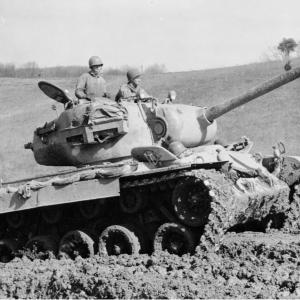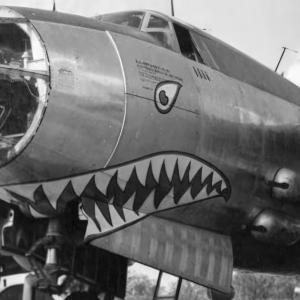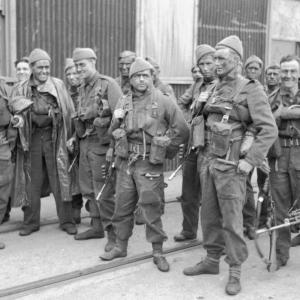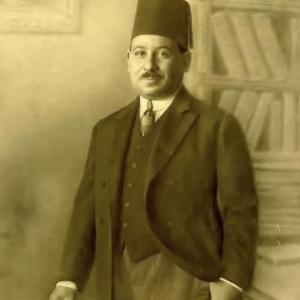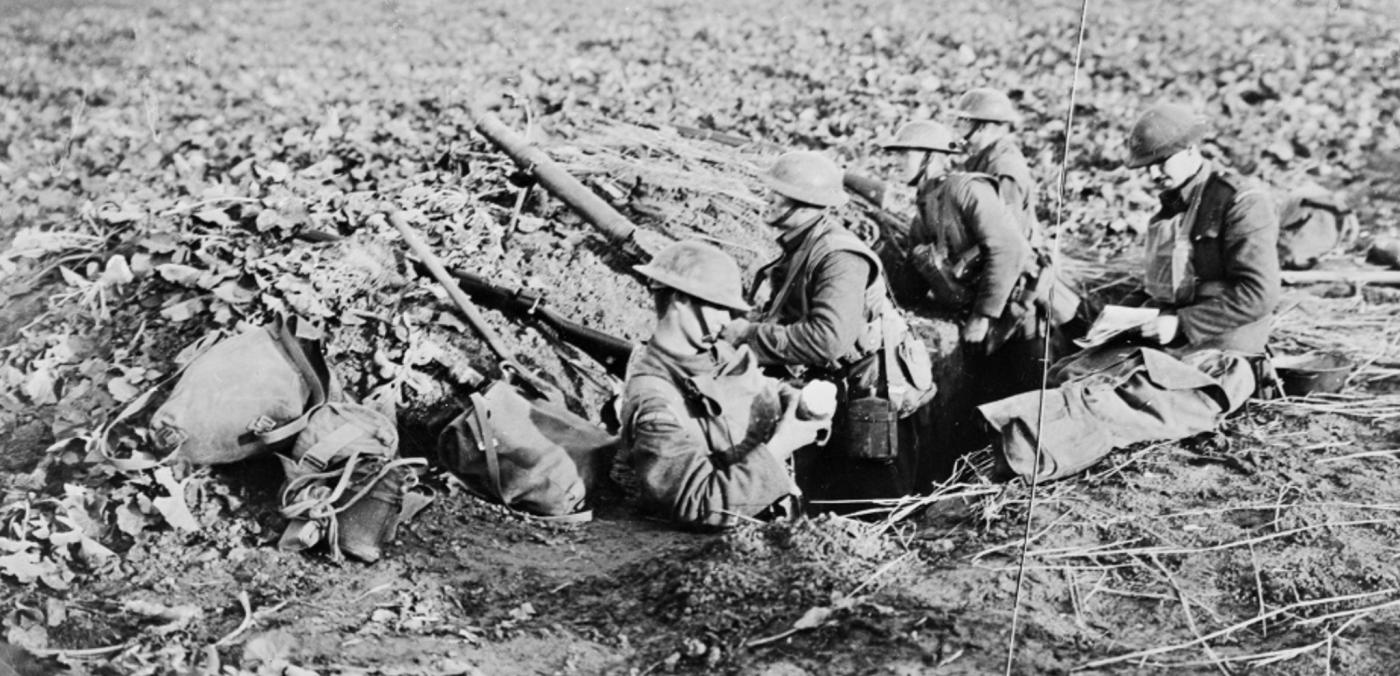
11,000 casualties
The ceasefire was set to take effect at exactly 11 a.m. Paris time. Yet in the six hours between the signing and its enforcement, the First World War produced more than 11 000 additional casualties killed, wounded or missing — including roughly 2 700 dead — a grim and needless final spasm of slaughter.
The order to continue came largely from Allied high command, not because they doubted the armistice but because they refused to halt offensive operations until the legal moment. The American Expeditionary Forces under General John J. Pershing were the most aggressive. Pershing held a fierce belief that the Germans must be beaten decisively in the field, not simply allowed to walk away under negotiated terms. He wanted moral clarity — a surrender under absolute pressure — to discourage any future German claim of having been “stabbed in the back.” His subordinates interpreted that as permission, even an expectation, to keep attacking.
Major General Charles P. Summerall’s US 5th Division crossed the Meuse River under heavy fire before 11 a.m. General William M. Wright’s US 89th Division attacked the town of Stenay — reportedly to secure hot baths for his men — costing hundreds of casualties in the final hour. The African-American 92nd Division was ordered forward against positions near the Moselle minutes before the ceasefire. All of these actions were fought with full knowledge that peace was imminent.
The French Army also continued significant attacks, particularly under General Charles Mangin of the Tenth Army, who was still pressing eastward around the Meuse and Aisne. The French desire not to lose territorial momentum before the ceasefire — or leave any political bargaining chips unused — meant artillery and infantry units were still advancing as the clock ran down. Findings after the war showed that French corps commanders treated the time limit as an opportunity to occupy maximum ground, not a reason to slow down.
Even the British, generally more restrained that morning, still fought engagements in Belgium where General William Birdwood’s men were clearing villages on the Scheldt. But British field commanders were noticeably more inclined to hold positions quietly once confirmation of the armistice timing arrived. In some sectors, officers arranged informal truces in advance, simply stopping fire on their own initiative.
German units, since they were on the defensive and in retreat across most fronts, had no incentive to initiate combat — yet they defended their lines until the final minute, especially to cover withdrawing artillery. Some German troops reportedly waved Allied troops back, shouting that there were only minutes left, but were still engaged with rifle and machine-gun fire when Allied orders insisted on forward movement.
Why didn’t senior Allied command simply stop the killing early? Two reasons dominated. First, strict legality: the armistice, as written, did not take effect before 11, and halting prematurely would allow claims that the Allies themselves violated agreed terms. Second, pride and political leverage: generals especially in the U.S. and France wanted to end the war not in passivity but in irrefutable triumph. They believed their nations would be negotiating peace from a stronger psychological position if the German army was still in crisis collapse at the stroke of 11. In Pershing’s case, this was entwined with the American wish to demonstrate its independent power and not appear a junior partner to Britain or France.
So the war’s final morning was full of artillery barrages, crossing of rivers, village assaults and bayonet charges even though thousands of men on both sides knew the exact minute it would end. The result was bitter: more soldiers died on November 11 than on D-Day in 1944. Almost every casualty that day, Allied or German, could have survived had the generals chosen common sense over ceremony. But they did not — and so the First World War ended not in silence, but in fire.

